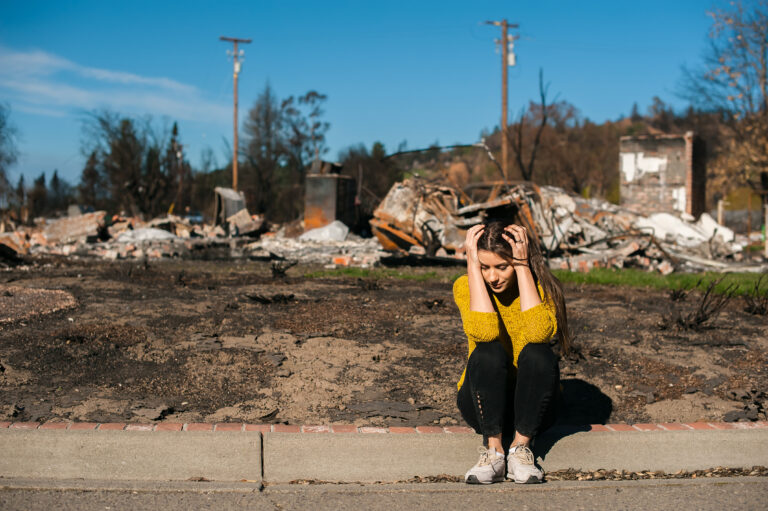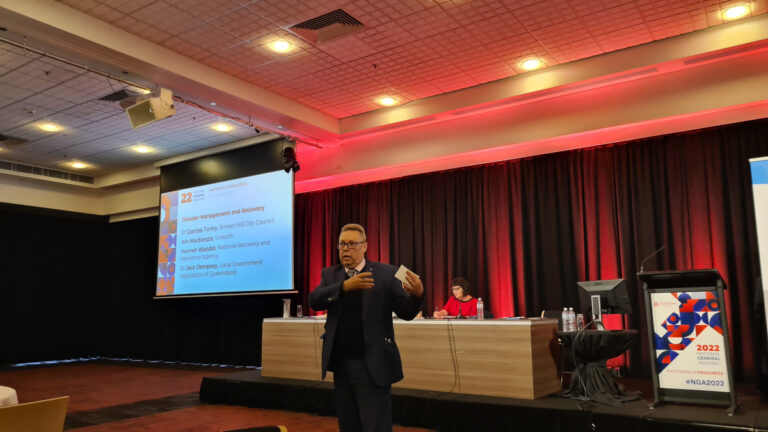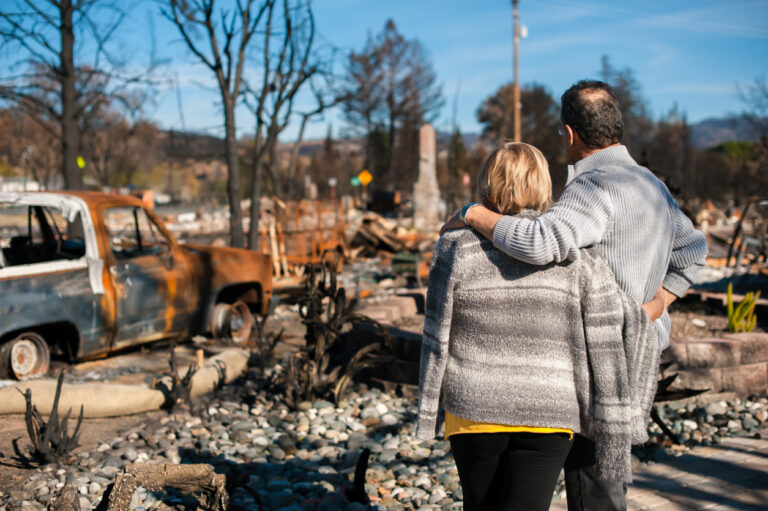Unearthing your voice matters to us.
For months, the Unearth Team has been traveling to meet with experts in their fields and listen to their views around disaster recovery. We have attended meetings and conferences to do this, from emergency services, to government, to community.
And a little while ago we put out a survey, asking you to share your thoughts. Our commitment was to then share the results of the survey, and here they are.
Q1. What is the most important focus when it come to disaster recovery?
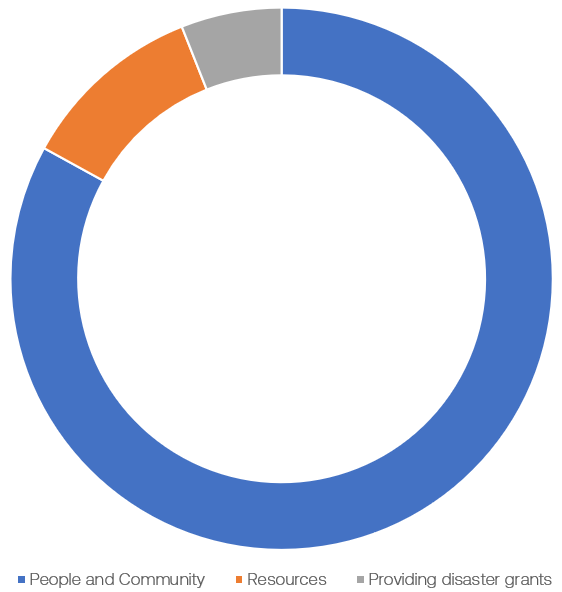
83% People and Community
11% Resources
6% Providing disaster grants
Four options not selected include:
- Funds
- Economy
- Sentiment
- Politics
Q2. Does the PPRR (Prevention, Preparedness, Response and Recovery) meet the needs of communities today in Disaster Recovery?
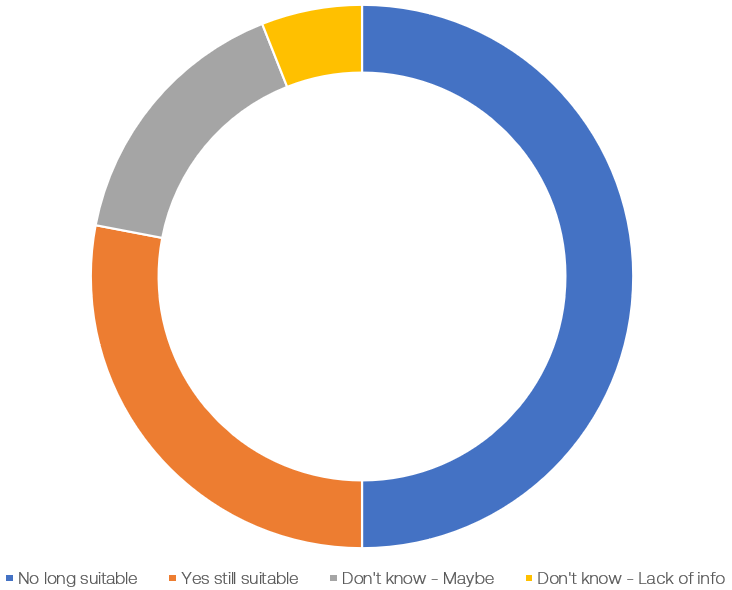
50% No, this approach no long suits the needs of communities in Australia
28% Yes, this approach is still relevant for today’s needs in Australia
16% I don’t know, it sounds like it should, but maybe it doesn’t
6% I don’t know, I am not informed enough to provide my thoughts
Q3. What are the most important aspects of recovery, ranked in order? (ranked order of importance)
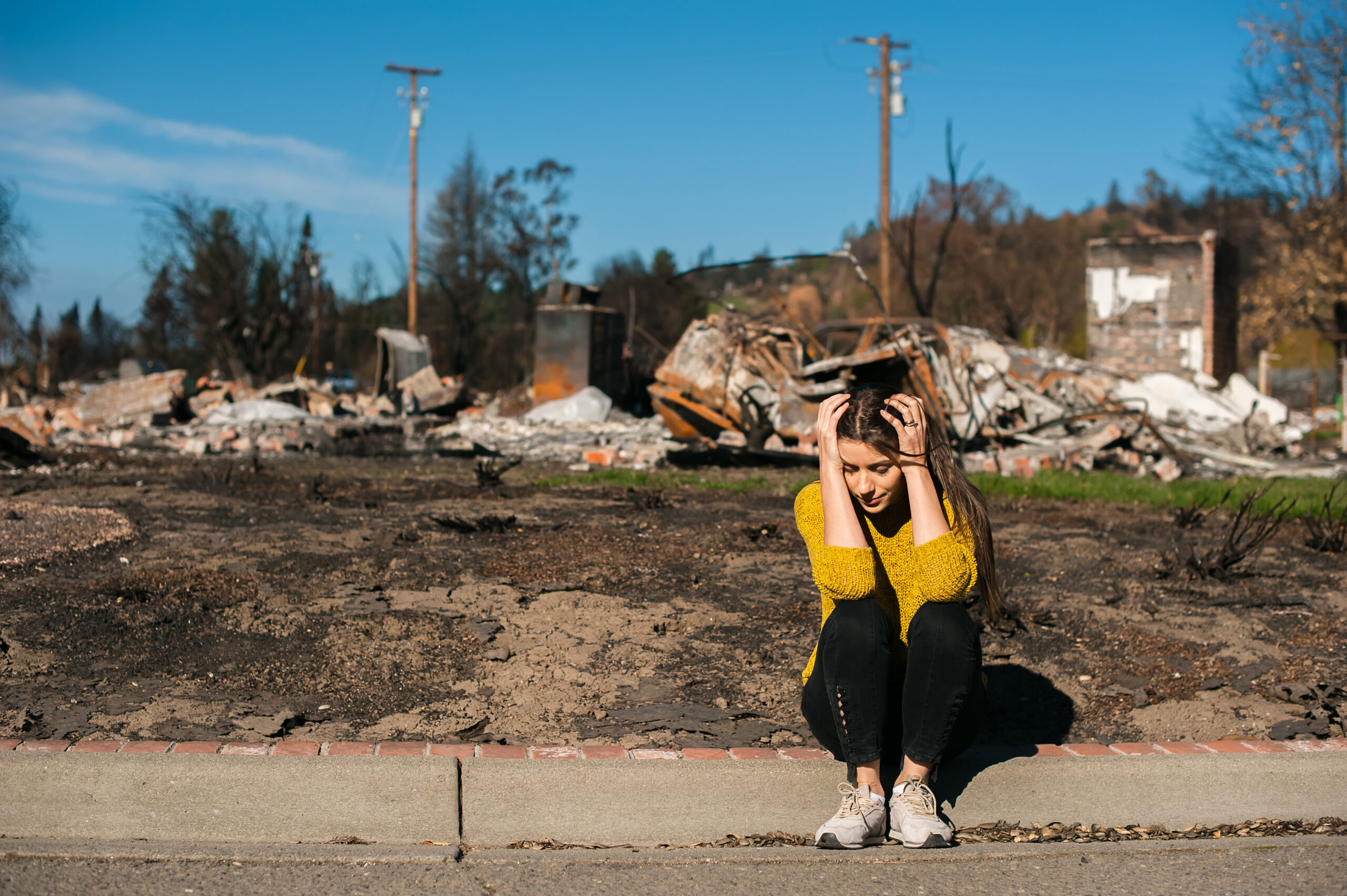
1. People and cultural issues
2. Roads, transport, and supply
3. Damage to the built environment
4 & 5. Tie between 4 and 5. Economic recovery activities & Damage to the natural environment
Q4. Which are the most important organisations, departments, entities necessary to achieve quality recovery outcomes? (ranked in order of importance)
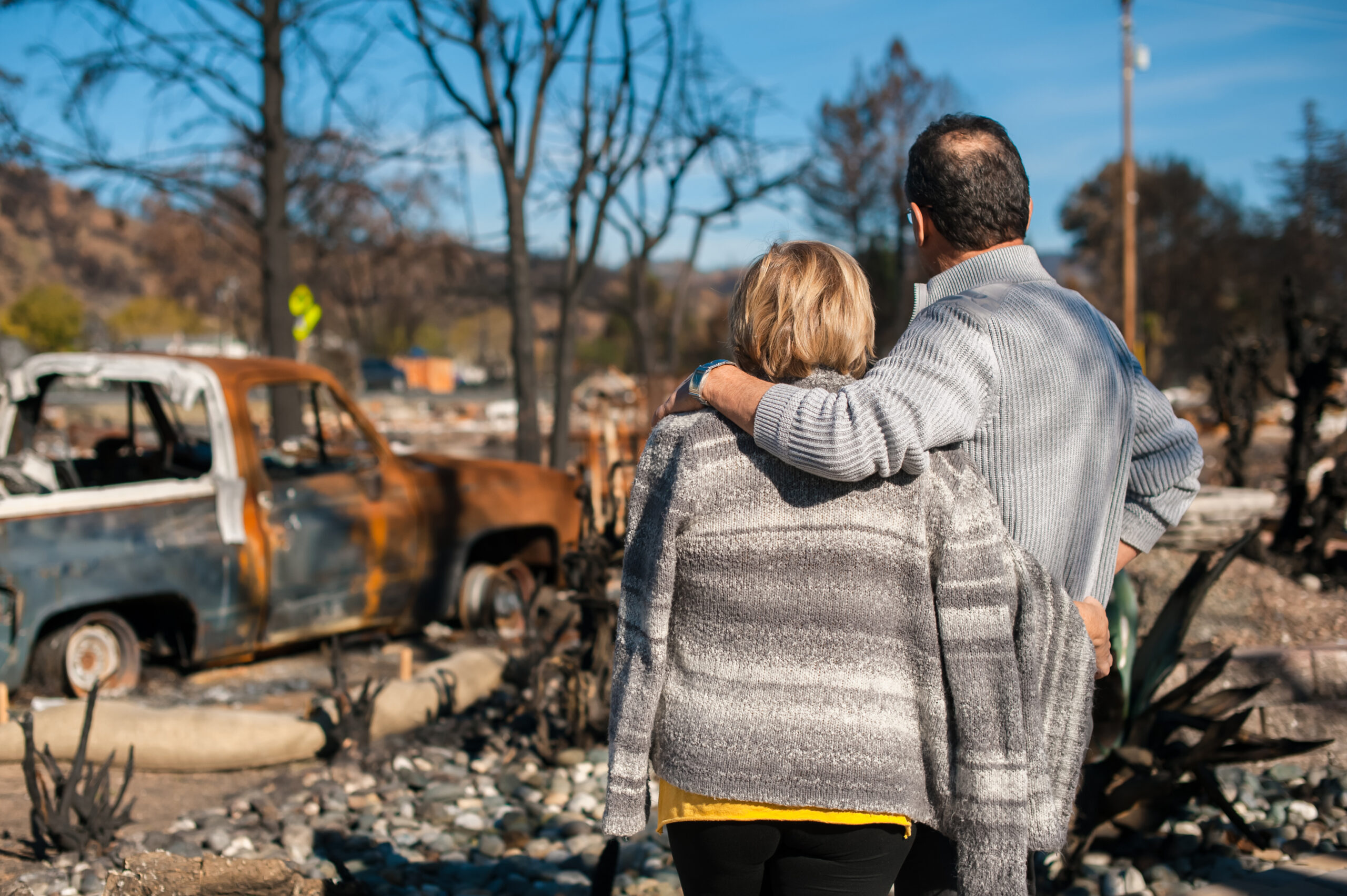
1. Community members
2. Business owners
3. Local Government
4. State Government
5. Emergency Services
6. Private enterprise and representatives
7. Federal Government
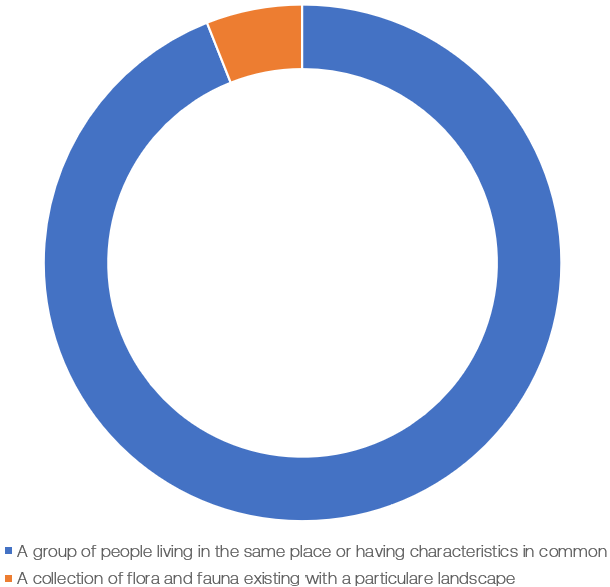
94% A group of people living in the same place or having characteristics in common
6% A collection of flora and fauna existing within a particular landscape
Three options not selected include:
- A geographic area with a common economic profile
- A system of roads, buildings and infrastructure in a particular area
- The organisation and movement of vehicles, food, fuel and materials
Our Thoughts
What is encouraging seeing people recognise the importance and the need for focus on the people and community.
It is also worth noting what was NOT a priority when it comes to disaster recovery… politics, economy, sentiment, and funds. This is supported by many discussions and even presentations I have seen at recent events. People don’t want hand out gestures, they want real reform and strategies to reduce the harm.
There is a shift and a recognition that the simple evolution of our current models and systems to reduce disaster risk, won’t cut it any longer. It is time to be brave and reform our approaches.
We know that society is this very complex animal. It is a system that revolves around people and their basic needs; their social and cultural needs. In normal times, it appears to serve us well, in our country by interconnected co-dependent systems of politics, the economy, supply chain services and infrastructure. Now think when put under stress, like with COVID, how well did it serve us then, let alone other disasters that we face, like this year of flooding and fires in various states and communities.
Recovery is more than restore, repair, replace or rebuild. If that is all we do, we will simply repeat the disaster again and again.
Current approaches rely on good systems and structure to manage disruption, impacts and restoring the status quo. And mitigation often focuses on protecting what exists rather than questioning what should exist.
The United Nations (UNISDR 2017) outline that recovery outcomes should “avoid or reduce future disaster risk.”
From the survey results you can see the shift in thinking, being people and community focused, and then ensuring the local businesses are being restored to support the community.
What we can all see from your voice is the need to focus on protecting the community, not a political agenda and a handout. Investment and a strategy to look at the types of risks that communities are now facing, to transform the future, which is more than incremental change. That time has passed. The time for climate extremes is not in the future, it is here and now. So, the time to adapt is past. The time to debate is past. The time to be courageous is now. To be courageous in our thinking and courageous in our advice, and most of all, courageous in our actions.
We want to encourage you to question, challenge and improve.
